To help Aboriginal and Torres Strait Islander corporations understand what Data Sovereignty means and why it matters...
Waltja’s complaints process

Waltja Tjutangku Palyapayi Aboriginal Corporation has clearly documented processes for dealing with complaints, grievances and appeals.2Australian Indigenous Governance Institute and Reconciliation Australia, Voices of Our Success: Sharing the Stories and Analysis from the 2014 Indigenous Governance Awards (Sydney, 2016), 89.
Making a complaint
Clients may send a written statement of their grievance to the organisation or the CEO. The grievance or appeal may also be made in person or by phone. The client may also give another person permission to help them make the complaint. For example, by interpreting or helping them to speak up strong. Staff must support a client with their complaint by then recording it in writing – even when the complaint is against staff.
Recording the complaint
A relevant senior Waltja worker will follow up the grievance at the earliest opportunity and record all action taken on a grievance/appeal form. This needs to be done whether or not the grievance has already been resolved to the client’s satisfaction.
The CEO may also require the staff members concerned to complete a grievance/appeal staff report.
Dealing with the complaint
If clients or community representatives have a grievance about any aspect of Waltja’s training or client services, they are encouraged to discuss the grievance with the responsible staff member.
This staff member will attempt to resolve the grievance through discussion and mediation with the people involved, or through making changes to their own practice. They must let the complainant know what steps are being taken to address the complaint. If the client prefers not to deal directly with the relevant staff member, they are encouraged to go to the CEO.
Unresolved complaints
If a grievance remains unresolved, the CEO will refer the grievance to Waltja’s executive. The executive will consider the grievance and provide an opportunity for the person to present their case. The decision of the executive will be final. Waltja will then give written advice to the client about the decision.
Lodging appeals
Clients may wish to lodge an appeal against a Waltja decision which affects them. When an appeal is lodged, the CEO identifies an independent panel of two people. These individuals have the cultural and language skills needed for liaison with the client who lodged the appeal.
The client must be given the opportunity to formally present their case. The panel will advise Waltja and the client of the outcome of the appeal (via a grievance/appeal panel report). Waltja then follows up with written advice to the client about the panel decision.

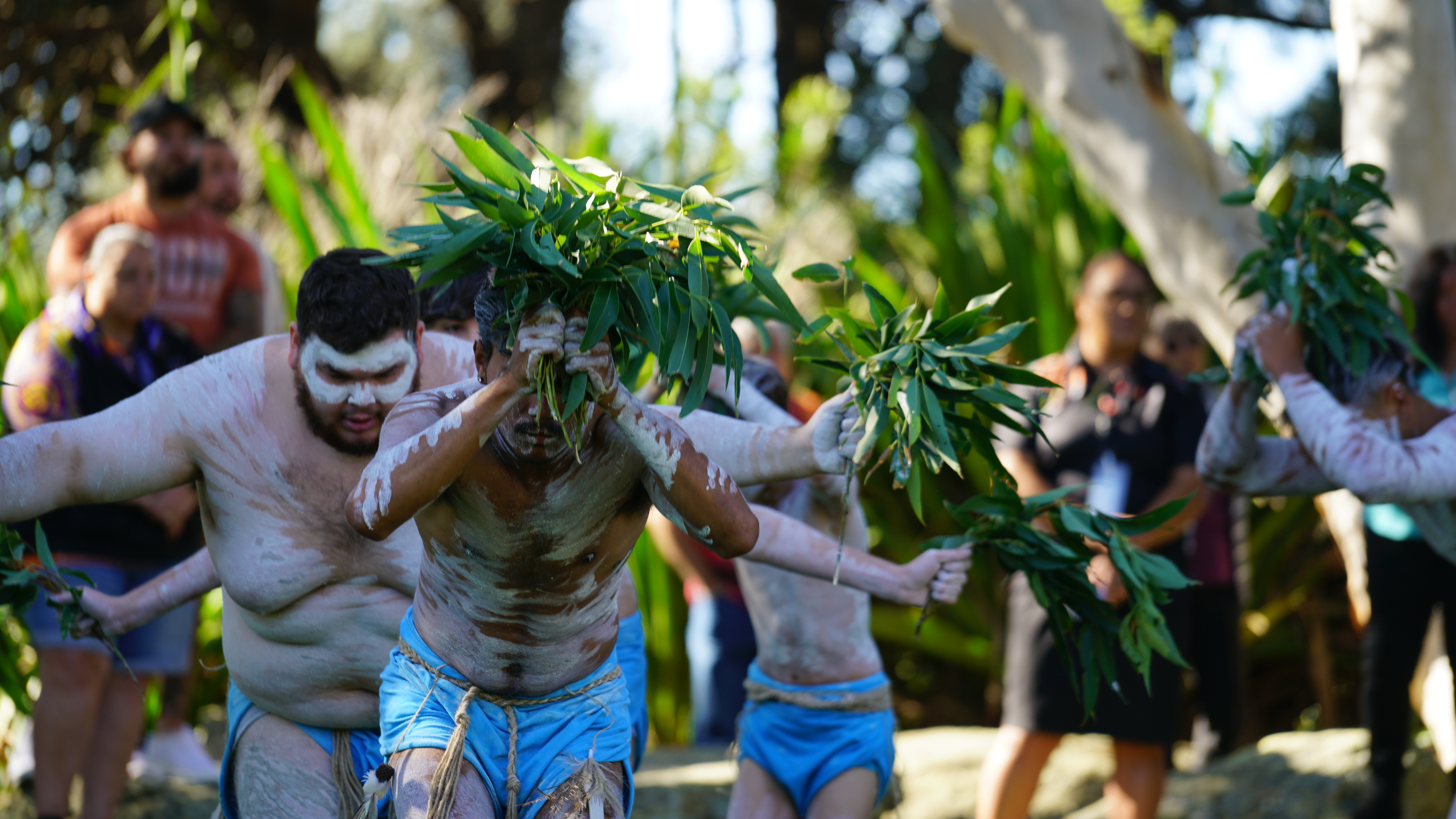
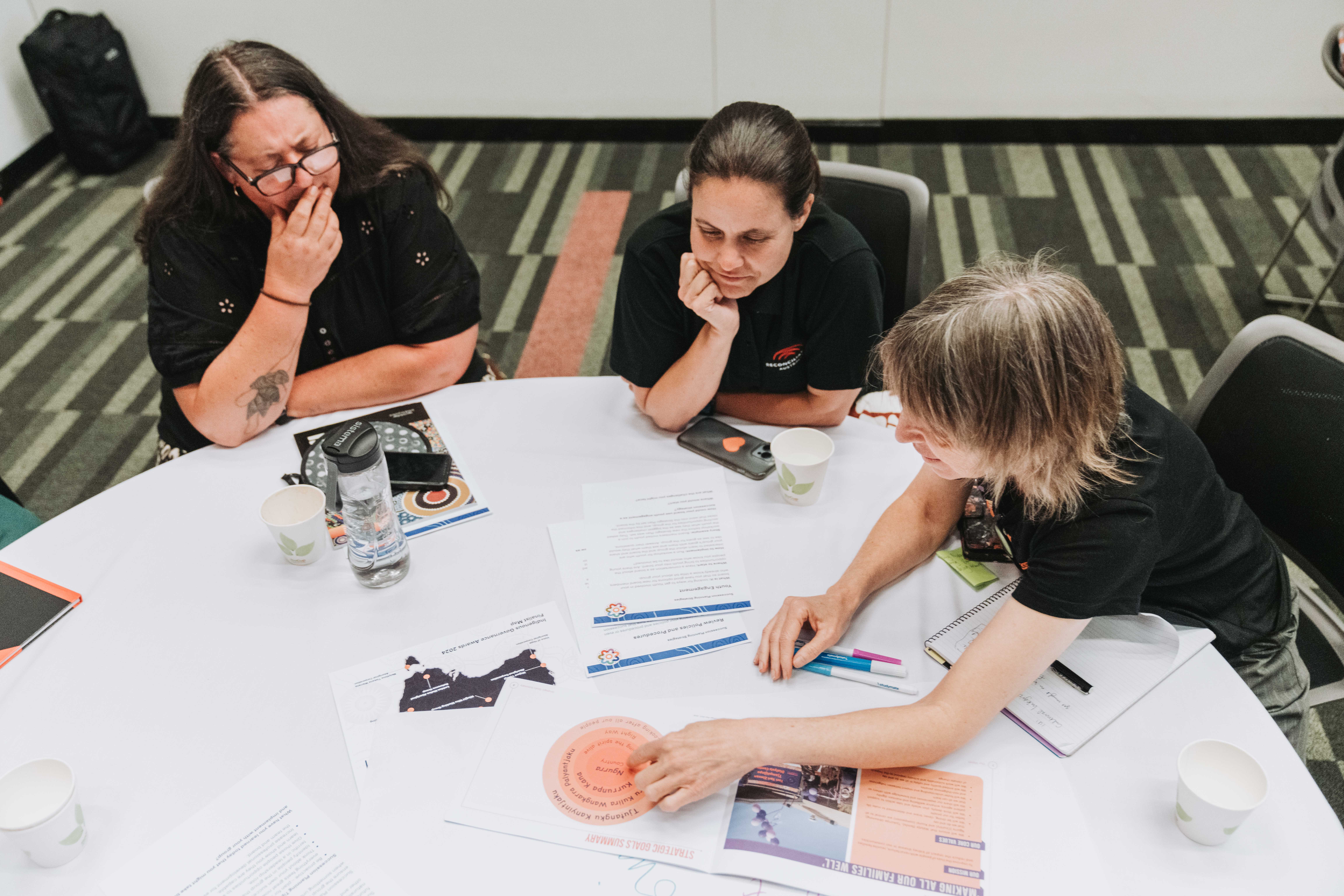
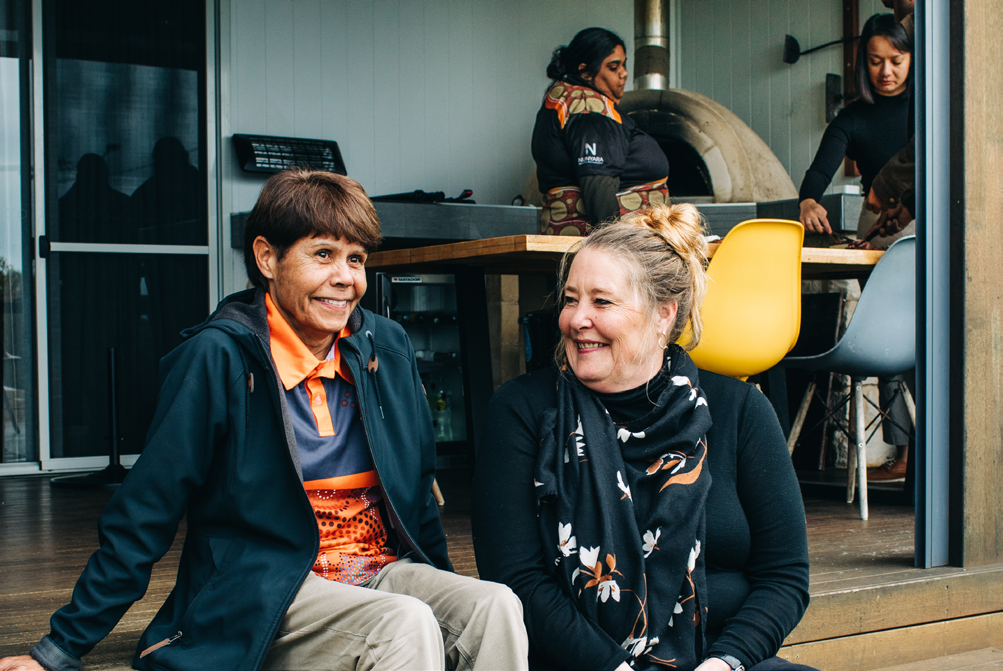

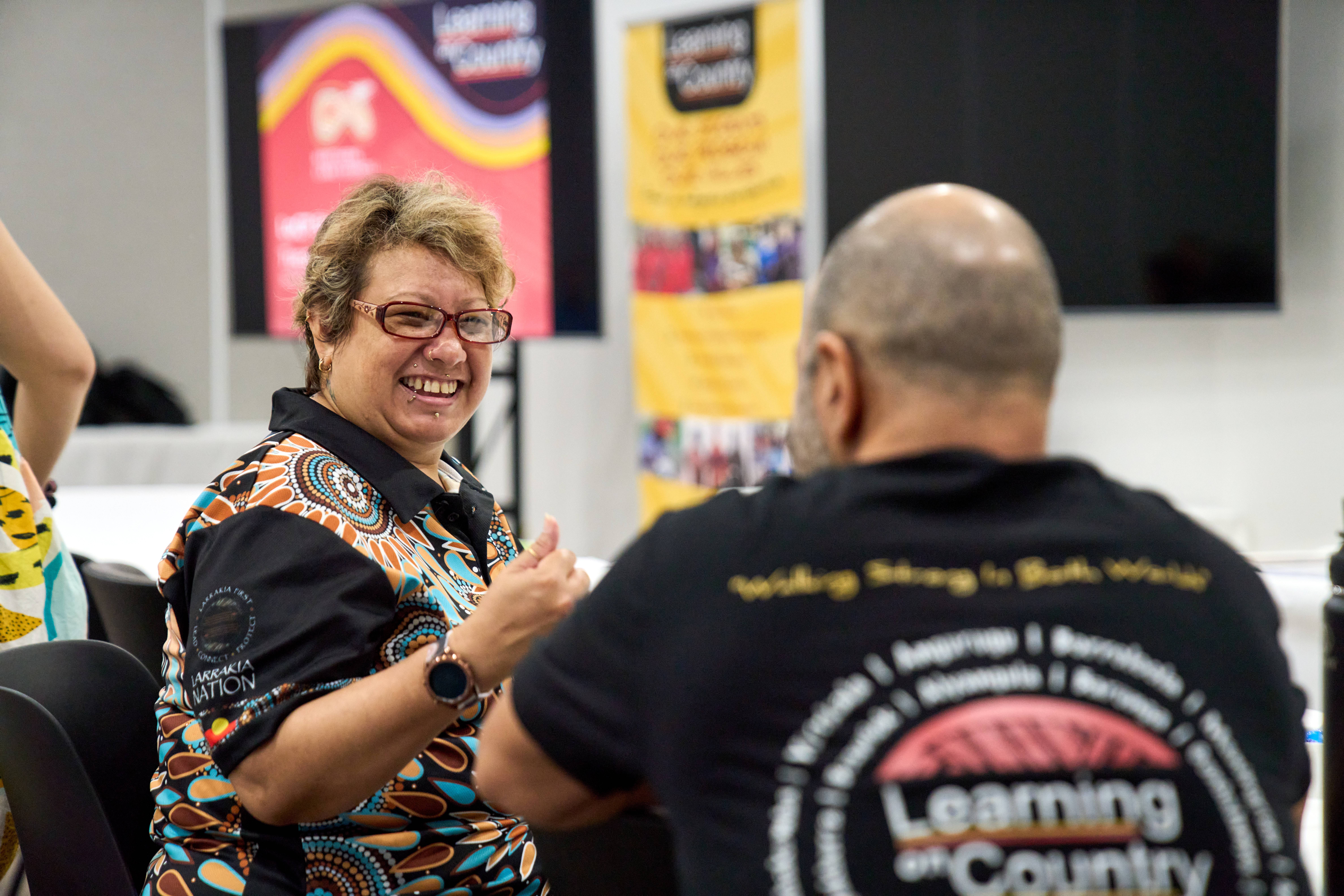
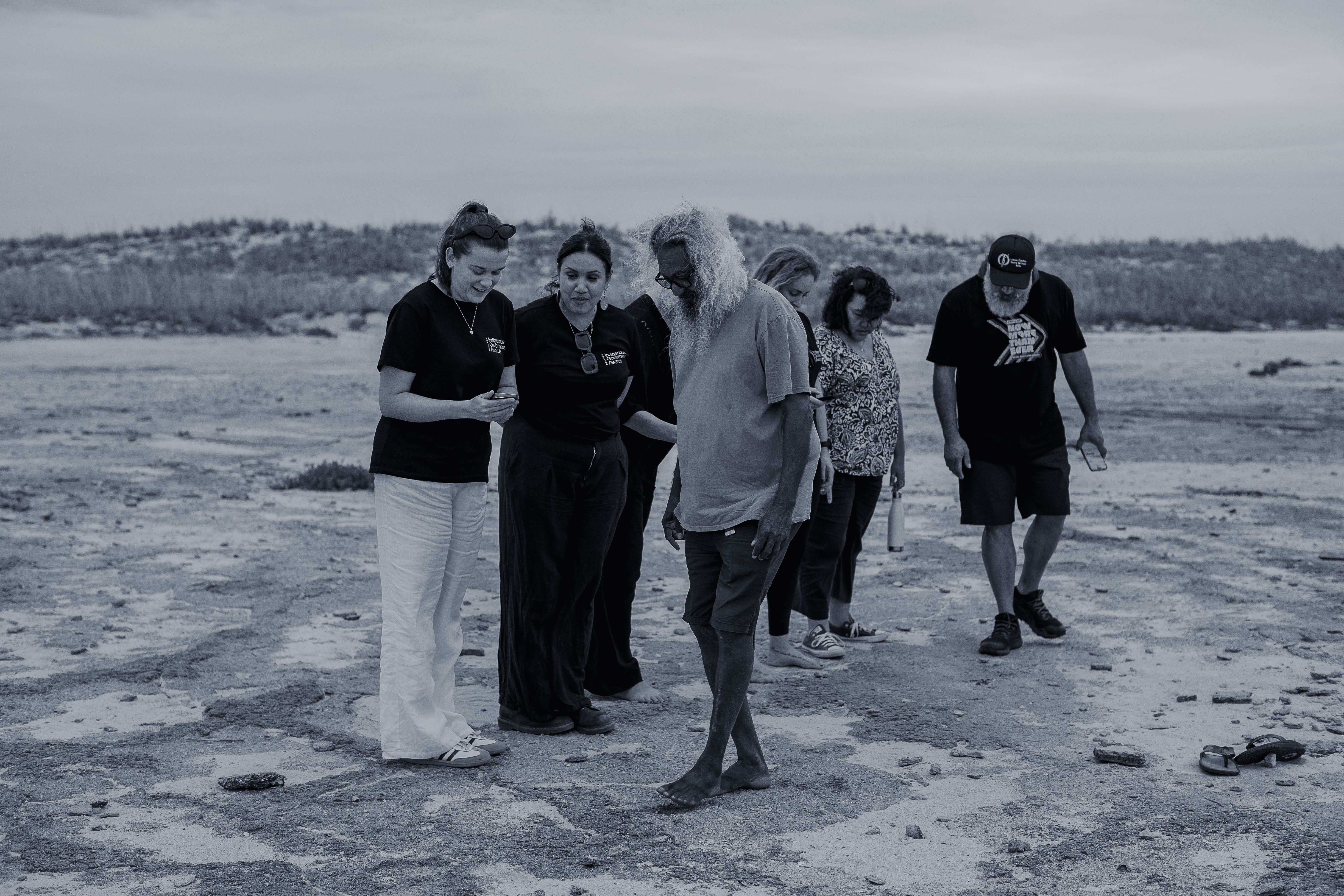
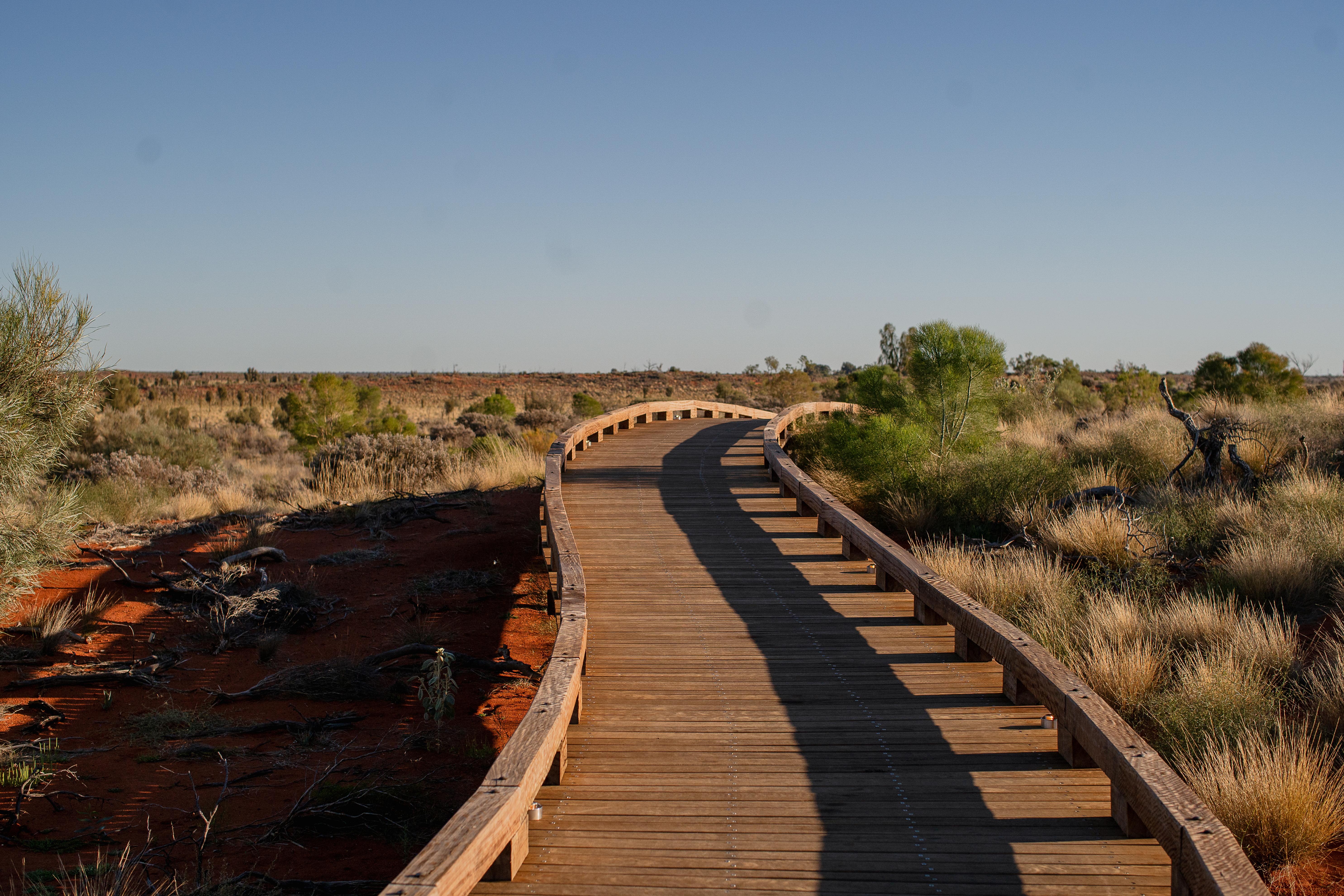
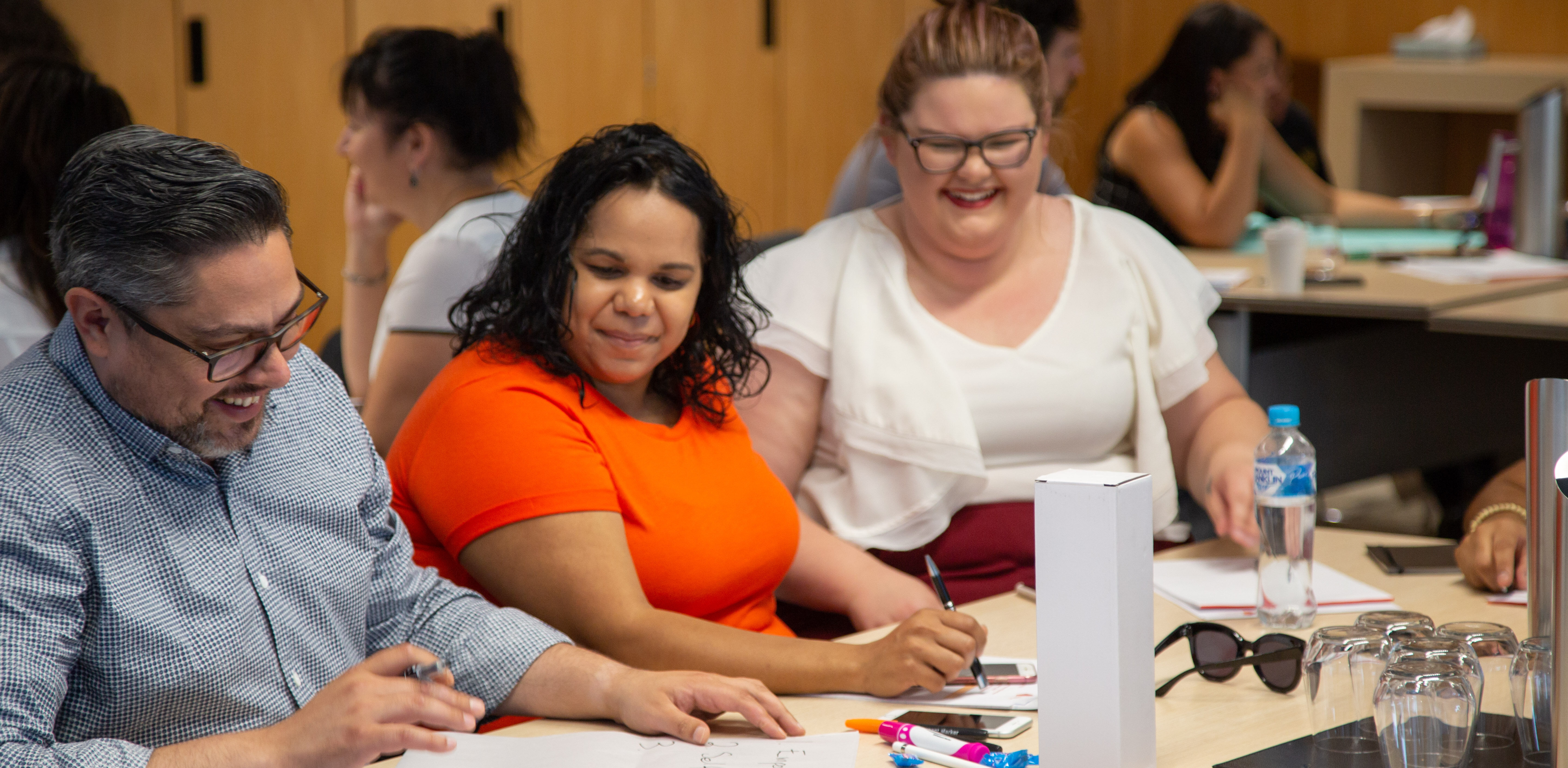
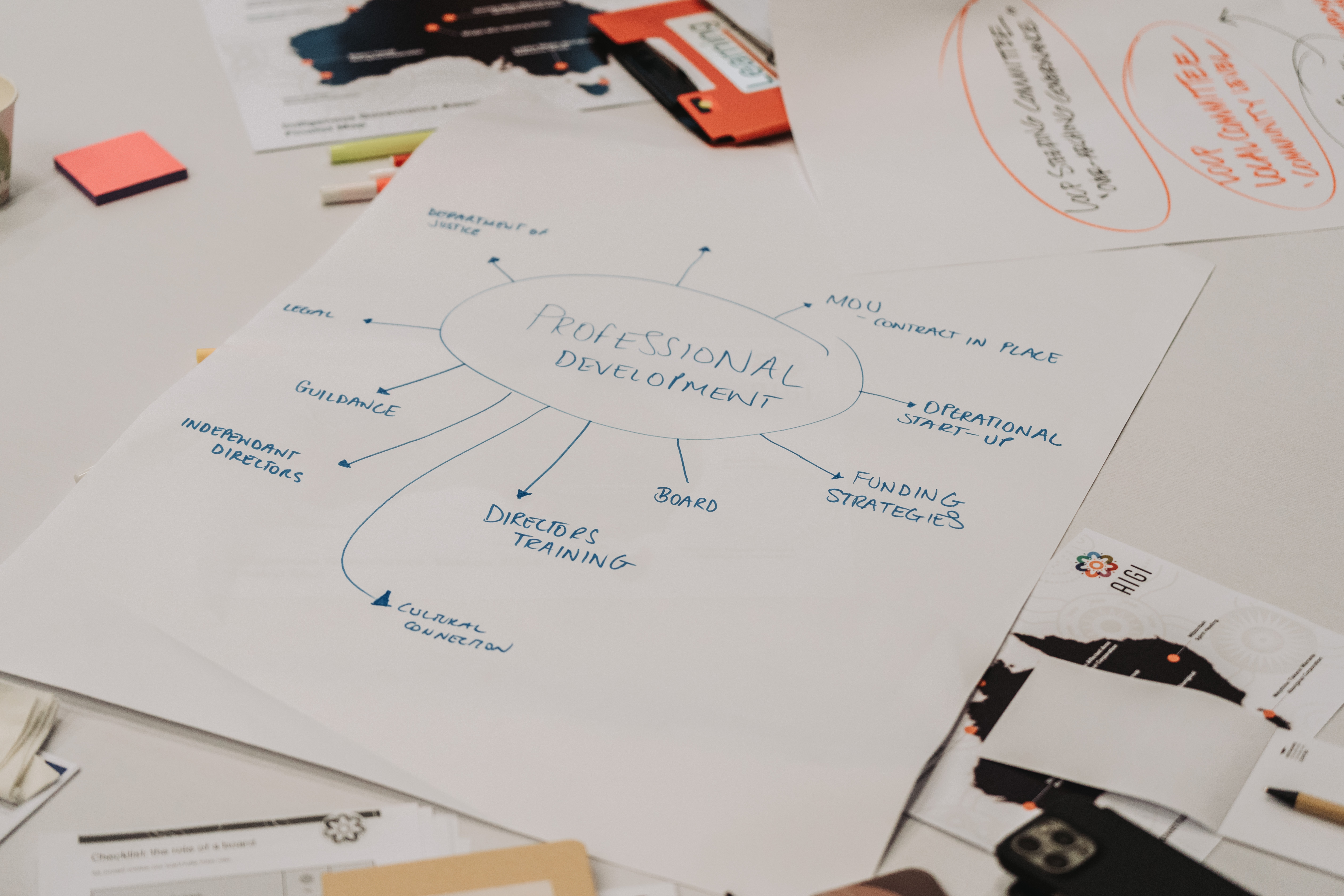
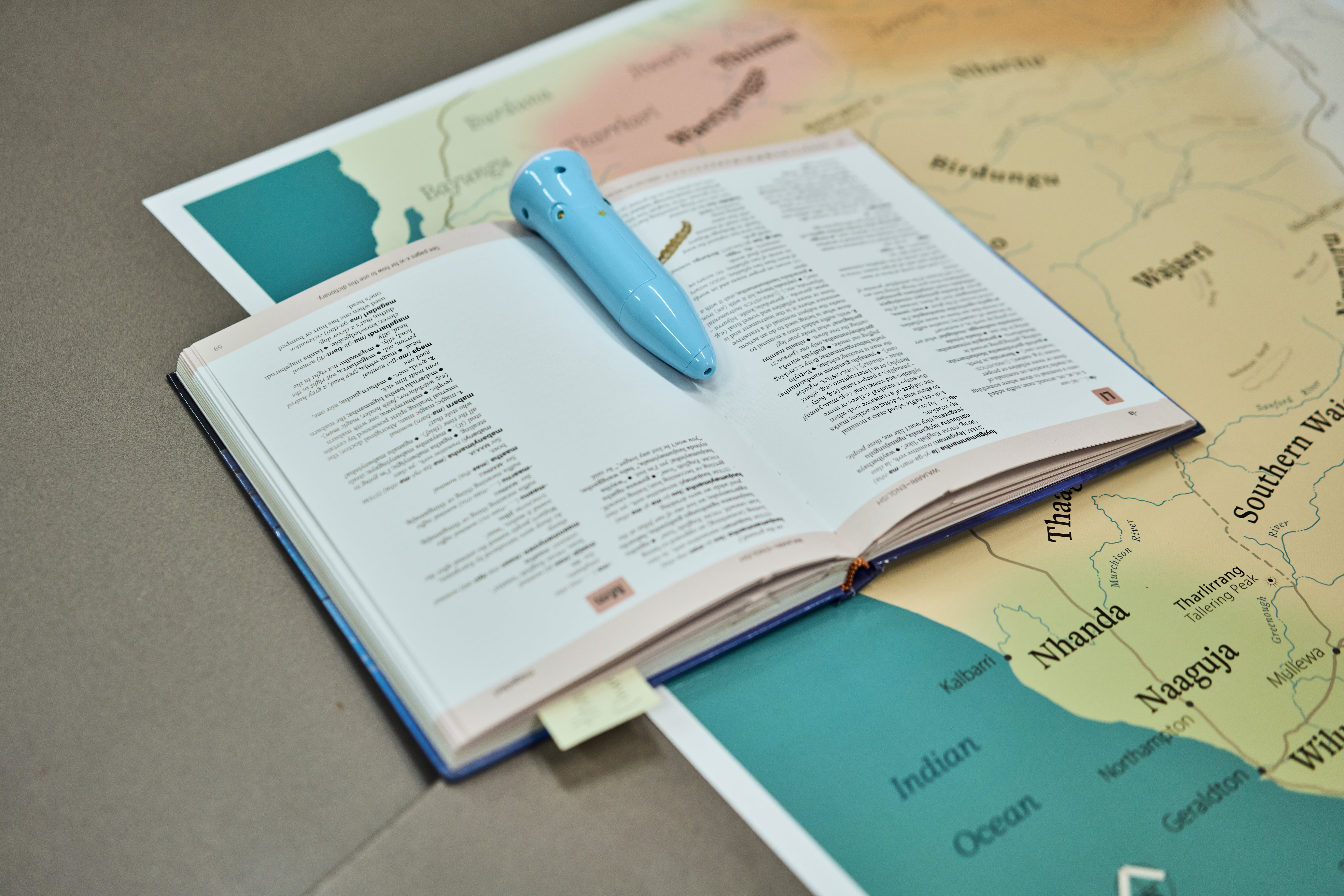

.png)

